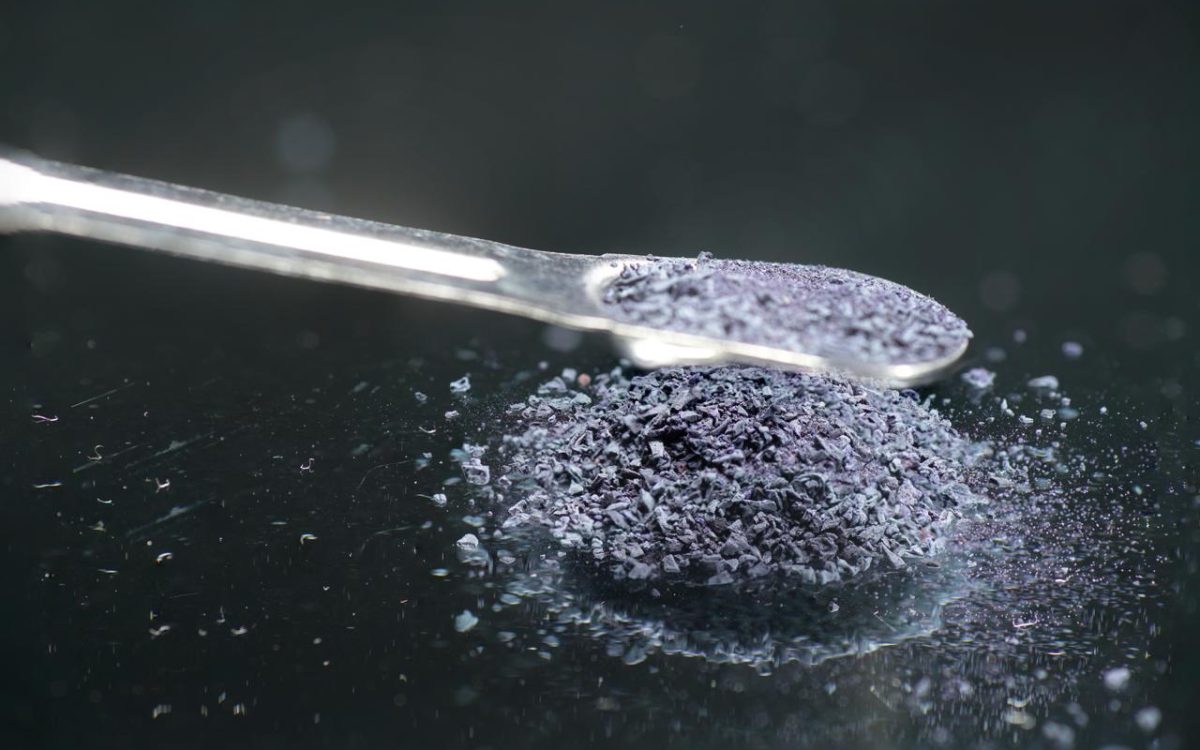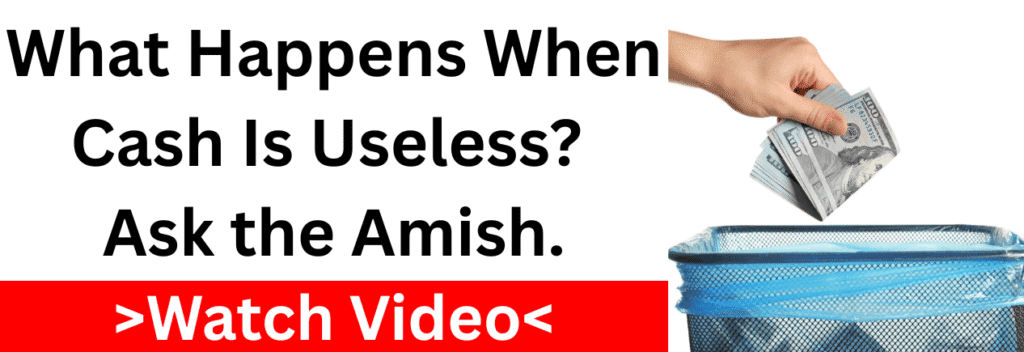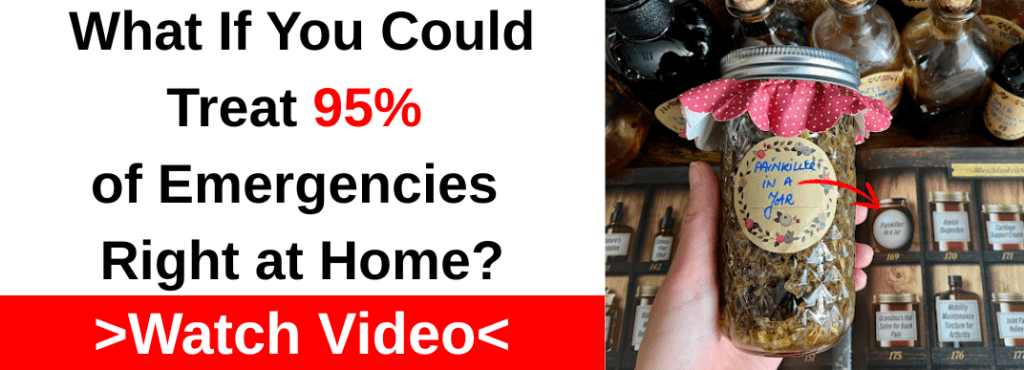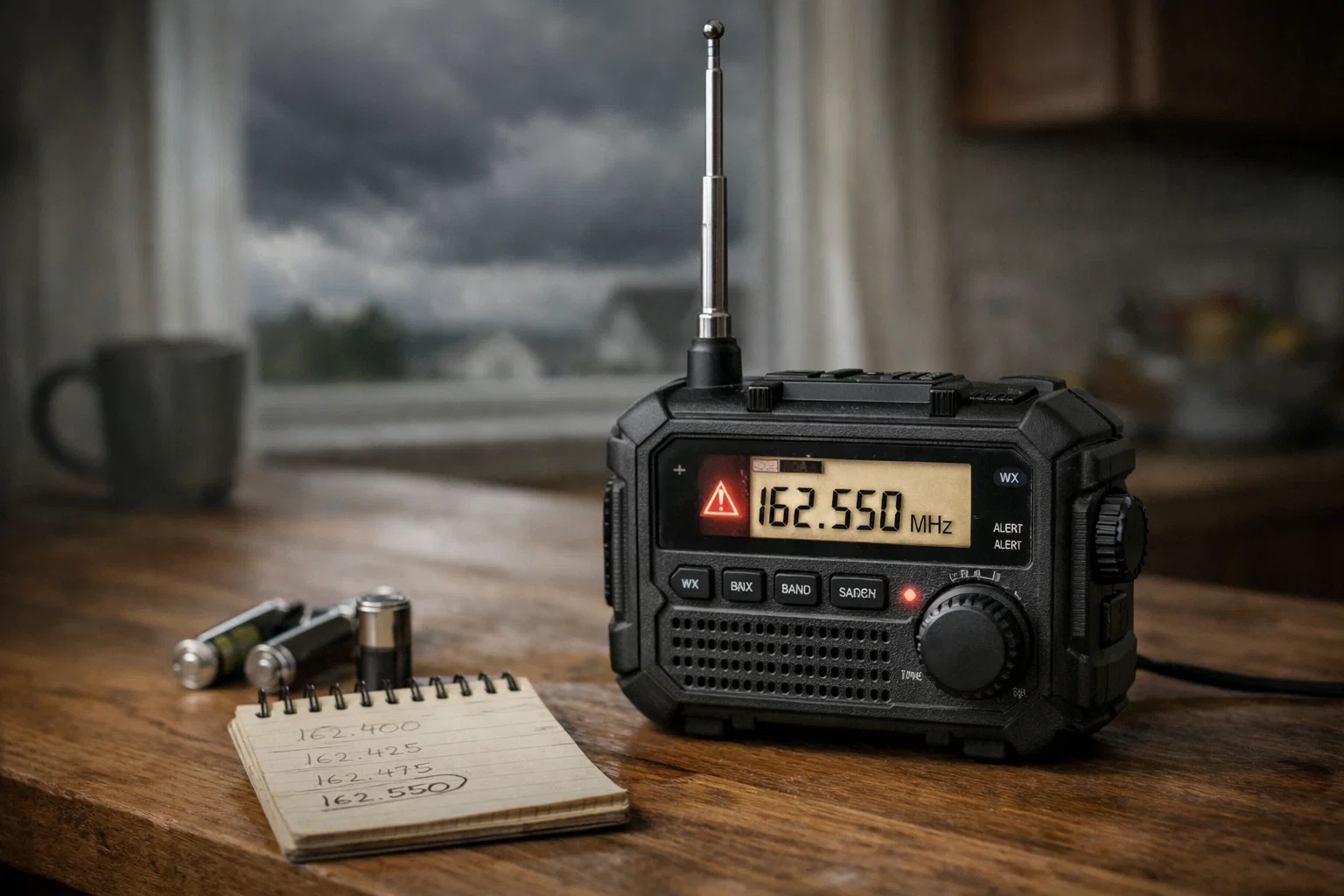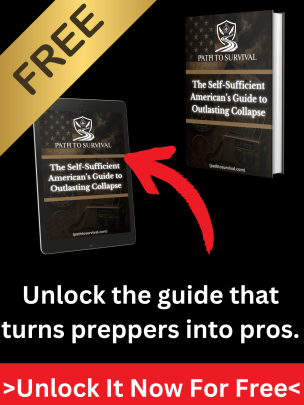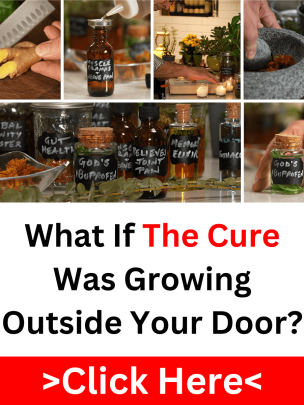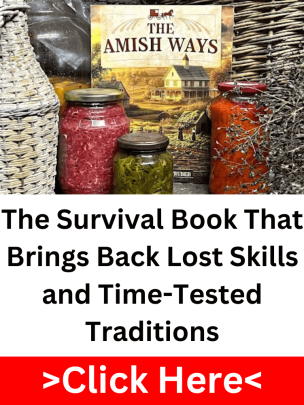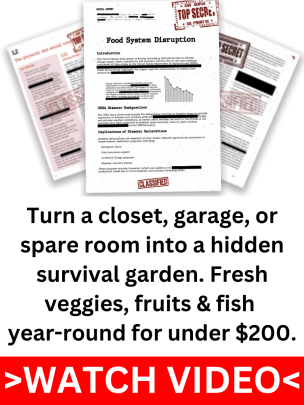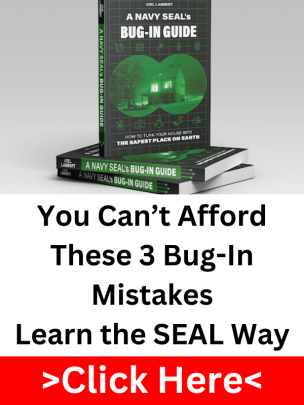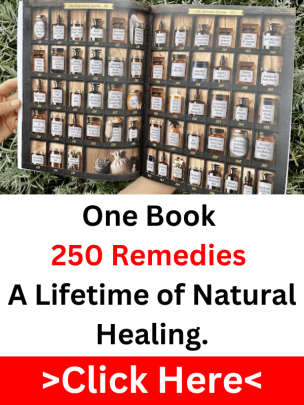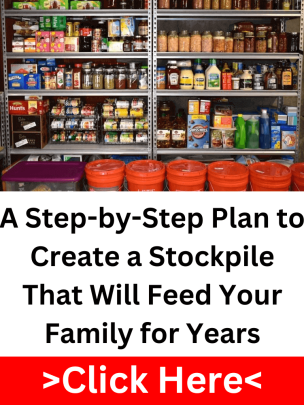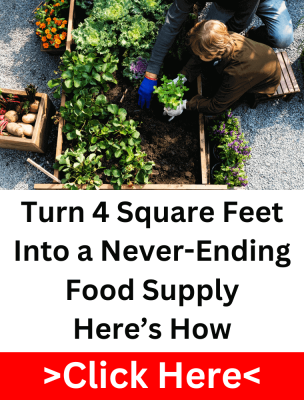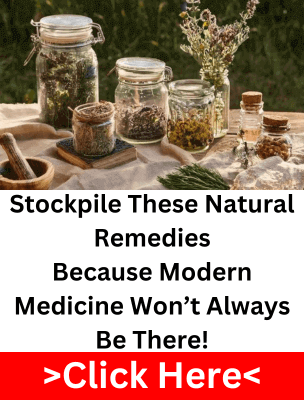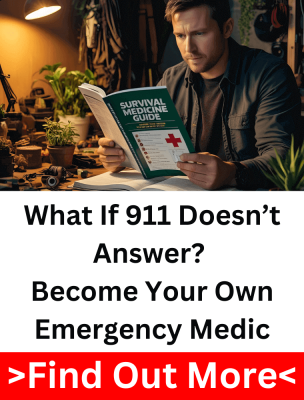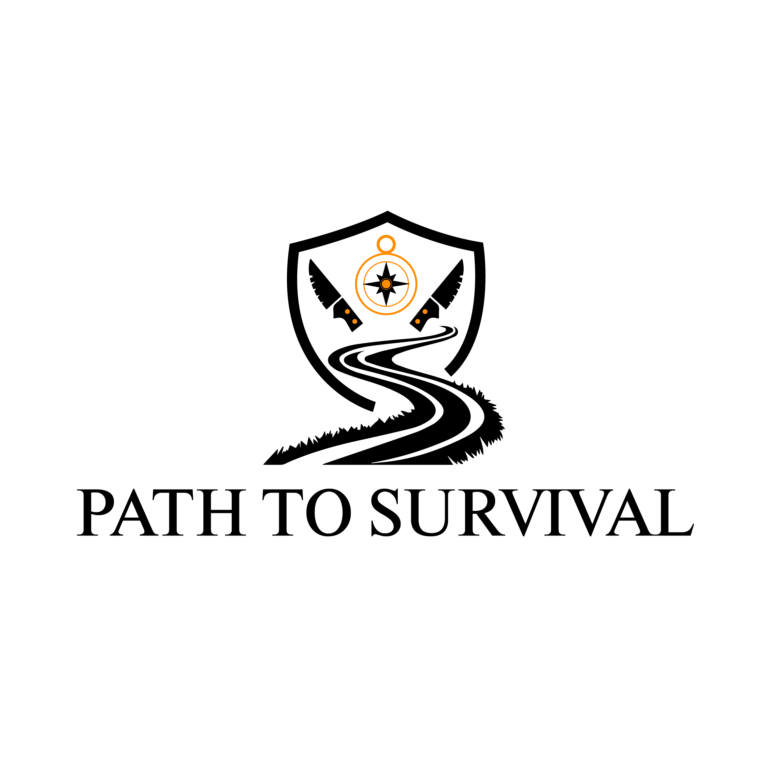Real survivalists don’t just stock what everyone else is grabbing. While most folks are still busy loading up on canned beans and flashlight batteries, the ones who’ve been paying attention are quietly collecting the stuff that’s getting harder to buy, the survival items the government doesn’t want you stockpiling. These aren’t just supplies. They’re multipurpose tools with serious value when things fall apart, items that disappear fast when shelves go bare, or regulations tighten without warning.
We’re not talking about weapons or high-powered gear here. We’re talking about everyday materials with survival potential, things that clean water, kill infections, start fires, or protect your body in dangerous environments. And for some reason, these basic resources have started raising red flags. Some are being quietly pulled from shelves. Others are restricted if bought in bulk. Knowing what these items are, and why they matter, might be the difference between surviving and scrambling when everything else goes south.
Potassium Permanganate
You won’t hear much about it on mainstream prepping lists, but folks who know what they’re doing have been keeping potassium permanganate in their kits for years. It’s one of those oddball items that doesn’t look like much but can save your hide in a dozen different ways. You can purify water with it, clean wounds, and even start a fire if you mix it with sugar or a bit of glycerin. It doesn’t take much, and it doesn’t go bad sitting on a shelf either.
The tricky part? Getting your hands on it without raising any flags. It’s legal, sure, but once you try buying more than a little at a time, things start getting weird. Some suppliers won’t sell it unless you’re a business, and others will ask way too many questions. It’s classified as an oxidizer, which puts it on the radar for “suspicious materials,” even though you’re probably just trying to treat water or be ready for a blackout. It’s one of those government restricted prepping supplies that quietly slides under the radar until someone decides you’re buying too much.
That’s why the old hands buy it slowly and quietly. One small container here, one there, maybe picked up while grabbing pool chemicals or gardening gear. No need to broadcast it. If you’re building a real stash, stockpiling potassium permanganate for survival gives you options for most folks won’t have. When clean water’s hard to come by or you need to light a fire in the rain, you’ll be glad you grabbed it before it disappeared.
Sodium Hydroxide
Before there were shelves lined with antibacterial everything, folks relied on simple staples like sodium hydroxide, what most people know as lye. For generations, it’s been used to make soap from scratch, preserve food through traditional methods like curing olives or making hominy, and sanitize everything from drains to animal hides. In a long-term grid-down situation, few things will be as valuable as the ability to stay clean and stop the spread of disease using what you’ve already got. That’s why it still earns a place among the survival items the government doesn’t want you stockpiling, because it works.
These days, buying lye in bulk raises questions. It’s not illegal, but it’s on the radar because of its use in everything from biofuels to, unfortunately, illicit drug manufacturing. That means certain suppliers might ask for business info, and shipping restrictions can pop up unexpectedly. If you’re looking to buy sodium hydroxide discreetly for prepping, the smart move is to stock it gradually, in modest amounts, and store it safely. You’re not doing anything wrong, but that doesn’t mean someone won’t treat it like you are.
Fish Antibiotics
For years, preppers have known a quiet little trick: many fish antibiotic, like Fish Mox or Fish Flex, contain the exact same active ingredients as their human counterparts. Amoxicillin, ciprofloxacin, doxycycline… the pills are often identical, down to the dosage and markings. When you realize you can walk into a pet store and buy what’s essentially a human-use antibiotic without a prescription, it’s no surprise that many saw it as a prepping goldmine.
In emergency situations where hospitals are overrun or completely inaccessible, these meds offered a lifeline. If someone in your family had a tooth abscess, a deep cut, or a serious infection, and no doctor was around, having a small stash of antibiotics could mean the difference between recovery and disaster. It’s not ideal, and it’s not something to take lightly, but preppers understood that fish antibiotics for off-label human use might be their only option in a real grid-down scenario.
That’s exactly why they’re disappearing. Over the last couple of years, several big-name aquarium antibiotics have quietly vanished from shelves or changed formulas. The FDA has increased scrutiny, and some states are cracking down on vendors that don’t require vet involvement. While technically not illegal, the trend is clear: these once-accessible meds are being pulled back. You won’t see headlines about it, but you will notice empty shelves and “out of stock” notices.
This was once a quiet secret in prepper circles, something passed between those who understood how fragile our medical system really is. Now, it’s becoming harder to act on. If you haven’t built your supply, the window will close. What used to be a loophole is now a target, and like so many survival items the government doesn’t want you stockpiling. The more useful it is, the faster it seems to vanish.
Ethanol
High-proof alcohol has always been one of the most versatile tools in a prepper’s stash. It’s not just about having something to sip during hard times, it’s a disinfectant for wounds, a sterilizer for tools, a fuel for alcohol stoves, and the base for herbal tinctures that can keep your body going when modern medicine isn’t an option. In a crisis, ethanol becomes more than just useful, it becomes tradeable. That’s why it quietly earns a place among the survival items the government doesn’t want you to stockpile.
The problem? It’s harder to get your hands on than most people realize. Everclear, for example one of the most accessible high-proof grain alcohols, is banned in several states and heavily taxed in others. Even when it’s legal, buying it in quantity can trigger red flags or extra scrutiny. Some online retailers won’t ship it at all depending on your zip code. The further you look into it, the clearer it becomes: if something has survival value and potential for independent use, it often gets boxed in by regulation.
That’s why smart preppers source it quietly, either picking up a bottle or two when traveling through states where it’s legal or turning to alternative forms like fuel alcohol from RV or marine suppliers. These versions aren’t always drinkable, but they’ll do just fine when you need a fire starter or antiseptic. Its uses go way beyond the liquor cabinet, and in a real collapse scenario, a single bottle of ethanol might be worth more than gold to the right person. It’s another example of a government restricted prepping supply that’s quietly being pushed out of easy reach.
Nitrile Gloves and Dust Masks
When things go bad, pandemic, chemical spill, civil unrest, having a stash of nitrile gloves and dust masks isn’t just smart; it’s necessary. They protect you from biohazards, help prevent the spread of disease and keep your hands clean when sanitation is off the table. In any survival situation, especially one involving illness or contamination, these basic supplies become essential gear. You can’t treat wounds, handle waste, or clean up safely without them.
But ever since 2020, stocking up on medical-grade supplies has started to raise eyebrows. Bulk orders of gloves, N95s, or even simple dust masks have been delayed, flagged, or quietly restricted. Many suppliers now require business accounts or limit quantities per household. That’s why if you’re serious about long-term readiness, it’s smart to build your supply gradually and stock these survival items the government doesn’t want you stockpiling without drawing attention. Quiet preparation has become just as important as the gear itself.
Seeds and Medicinal Herbs That Are Getting Harder to Find
There’s been a quiet shift in recent years, and many preppers are starting to notice it. Certain heirloom seeds, especially the ones that grow into plants with real medicinal value, are either harder to find or coming under new regulations. Seed banks are limiting availability; online listings vanish overnight, and some sellers now require disclaimers or licensing. It’s no coincidence. The more people turn back to self-reliance and natural remedies, the more pressure builds to restrict access. These aren’t just gardening supplies, they’re survival items the government doesn’t want you to stockpile.
Herbs like wormwood, comfrey, and ephedra have been used for generations to treat pain, infections, digestive issues, and respiratory problems. But now? Wormwood’s labeled with warnings, comfrey is banned from internal use by the FDA, and ephedra’s been pulled from most supplement shelves entirely. These aren’t fringe plants, they’re powerhouses in the right hands. And if you’re building a survival garden meant to do more than just feed you, knowing what these herbs do and how to grow them matters.
What’s more concerning is the growing push to discredit or control natural medicine altogether. Regulatory agencies frame it as “safety,” but for preppers, it feels more like control. The truth is, being able to grow your own remedies is a threat to the system’s grip on healthcare and pharmaceuticals. That’s why those in the know are quietly collecting heirloom medicinal herbs and restricted seeds for prepping, saving what they can, and keeping it off the radar. Because once it’s gone, it’s gone.
Cash and Silver
In any real breakdown, whether it’s a grid failure, a banking freeze, or just widespread panic, digital wallets and mobile apps won’t mean a thing. What will still work? Cold, hard cash and physical silver. They don’t need a signal, a server, or a login. When systems go dark, these old-school currencies can still buy fuel, food, medicine, or a ride out of town. That’s why they remain some of the most overlooked yet essential survival items the government doesn’t want you stockpiling, because they work when nothing else does.
But here’s the catch: carrying large amounts of either is being flagged more and more. Banks report withdrawals, TSA scans for it, and anything over $10,000 is automatically documented. Even smaller cash moves are now triggering questions at some local branches. That’s why smart preppers keep things low-profile, small bills, junk silver, and multiple stash points. You don’t need to make a fortune. You just need enough to trade when everyone else is staring at a frozen ATM.
These aren’t weapons or high-tech gadgets, they’re simple, legal tools with powerful survival value. And yet, more and more of them are becoming harder to find, quietly restricted, or treated suspiciously when bought in bulk. That’s not an accident. When certain supplies give you real independence, they tend to make someone nervous. The smart prepper doesn’t wait for a crisis to stock up, and doesn’t broadcast what they’re doing. In a world that’s getting more tightly controlled by the day, staying ahead means staying quiet. Stock the survival items the government doesn’t want you stockpiling and do it while you still can.

